Executive Council (Commonwealth countries)
An Executive Council in Commonwealth constitutional practice based on the Westminster system is a constitutional organ which exercises executive power and (notionally) advises the governor or governor-general. Executive Councils often make decisions via Orders in Council.
Executive Councillors are informally called "ministers". Some Executive Councils, especially in Canada and Australia, are chaired by a President or a Vice-President. In other Commonwealth countries there is no formal president of the Executive Council, although meetings are held in the presence of the Governor-General, Governor or President (except in rare cases) and decisions require his or her assent.
These Councils have almost the same functions as the privy council in the United Kingdom and Canada, and accordingly, decisions of the cabinet gain legal effect by being formally adopted by the Executive Council, if the cabinet itself is not also the Executive Council.
Current executive councils

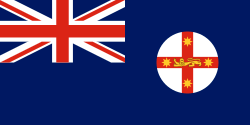
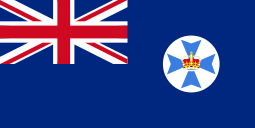
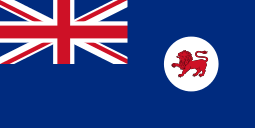
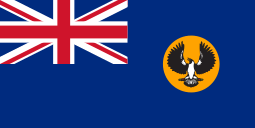
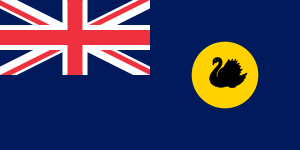
.svg.png)

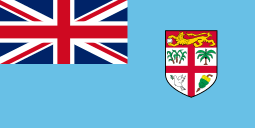
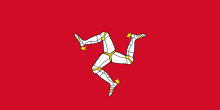


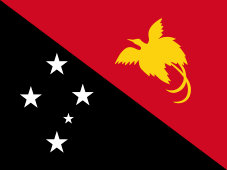
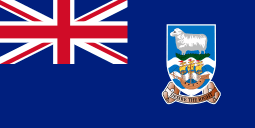
Former executive councils






.svg.png)
.svg.png)
.svg.png)

Former Commonwealth executive councils
.svg.png)
Other Executive Councils
- Executive Council of Macau has similar functions to the one in Hong Kong.
See also
- Legislative council
- Powers of the President of Singapore § Powers – Includes the appointment of the Council of Presidential Advisors
- Privy Council of the United Kingdom
- Queen's Privy Council for Canada
- Senior Advisor § Taiwan